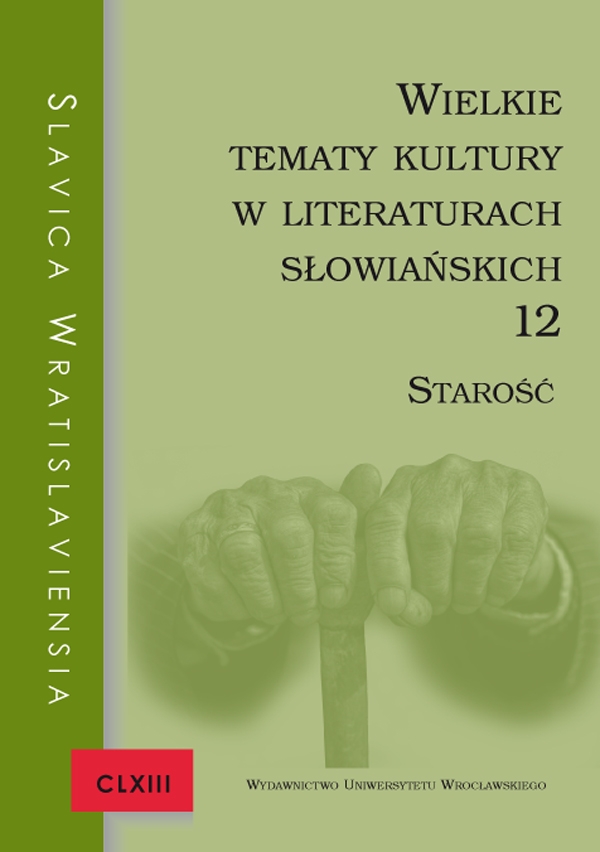

Artykuły

Andreas Ban’s escape from the world. Daša Drndić’s Belladonna and Jean Améry’s On Aging
The paper analyses the final phase in the life of of Daša Drndić’s Belladonna’s protagonist. In the last years of his existence, Andreas Ban’s consciousness is dominated by the thoughts about illness and the nearing retirement. Commonly, both these phenomena mark the threshold of an old age. When it comes to this particular character, they amplify the sensation of solitude initially stemming from the keen sense of criticism that Ban displays as well as impotence connected to the disagreement with the existence of asenile and poor life of an aged man to which Ban is doomed. Drndić uses her novel’s protagonist to accuse both the Croatian state and the contemporary civilization of fetishizing youth and beauty, which, in turn, sentences the Other to “non-existence” in Drndić’s prose, the Other is always anonconformist who, additionally in her latest novel, is in advanced age.
Beg sa sveta Andreasa Bana. Belladonna Daše Drndić i O starenju Žana Ameri
U tekstu se analiziraju poslednje godine života Andreasa Bana – glavnog lika romana Belladonna D. Drndić. Pred kraj života Ban je obuzet mislima obolesti ipenziji koja ga čeka. Mnogi misle da su ove dve pojave obeležje starosti. Kod Bana one stvaraju osećaj otuđenosti/usamljenosti, koji proizilazi iz izrazite kritičnosti, karakterične za ovaj lik, inemoći, učijoj je osnovi pobunamrzovoljnog isiromašnog starcaprotiv života, na koji je prinuđen. Kroz sudbinu svog junaka Daša Drndić optužuje hrvatsko društvo, kao isavremenu civilizacijiu koja, idealizujući mladost ilepotu istovremeno osuđuje na nepostojanje „Drugo” „Drugi” upoetici ove spisateljice označava nonkonformistu, koji je uovom slučaju vremešan.